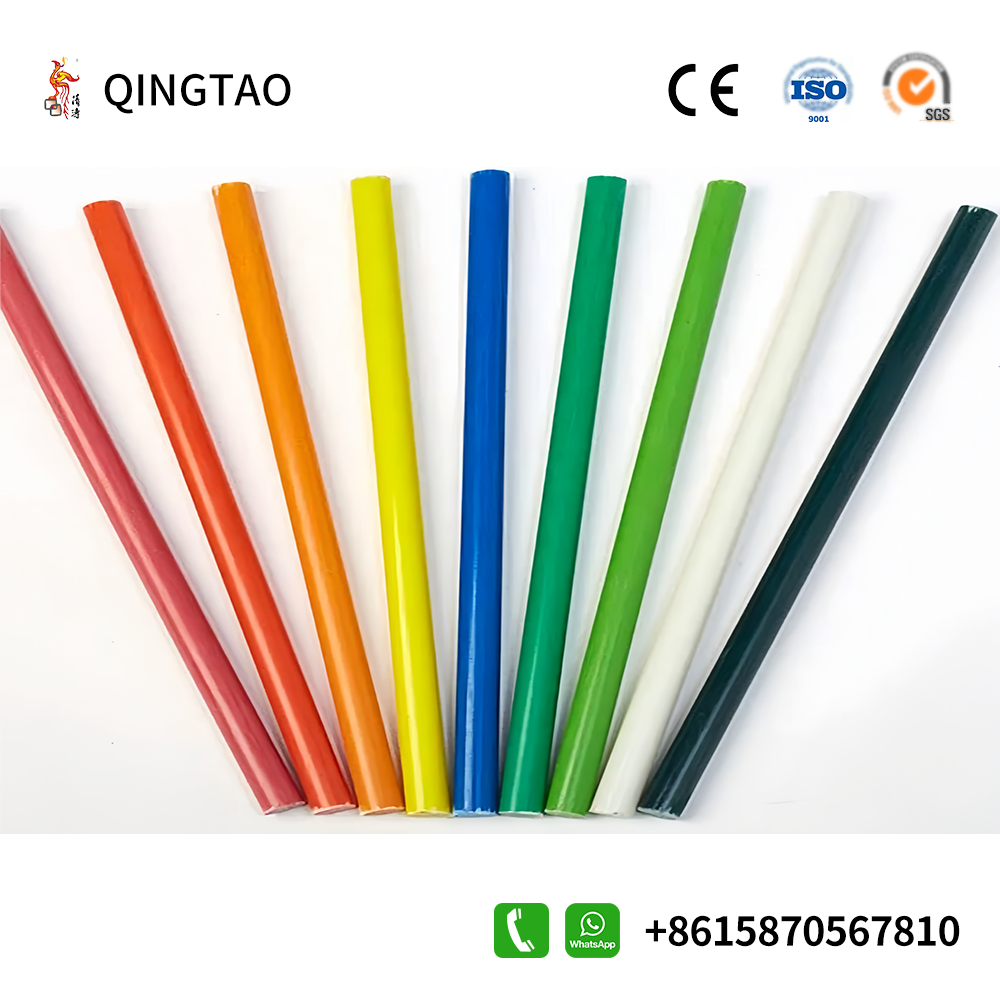1. A dedicated person must be responsible for preparing polymer mortar to ensure the mixing quality.

2. Open the lid of the bucket by rotating it counterclockwise, and use a stirrer or other tools to re-stir the adhesive to avoid separation of the adhesive. Stir appropriately to avoid quality problems.
3. The mixing ratio of polymer mortar is: KL binder: 425# sulfoaluminate cement: sand (use 18
Fiber Glass sieve bottom): =1:1.88:3.25 (weight ratio).
4. Weigh the cement and sand in a measuring bucket and pour them into the iron ash tank for mixing. After stirring evenly, add the binder according to the mix ratio and stir. The stirring must be even to avoid segregation and porridge-like appearance. Water can be added appropriately according to the workability.
5. Water is used for concrete.
6. Polymer mortar should be prepared as needed. It is best to use up the prepared polymer mortar within 1 hour. Polymer mortar should be placed in a cool place and protected from sunlight.
7. Cut the Fiber Glass from the entire roll of
glass rod according to the required length and width, leaving the necessary overlap length or overlap length.
8. Cut in a clean and flat place. The cutting must be accurate. The cut Fiber Glass must be rolled up. Folding and stepping are not allowed.
9. Make a reinforcement layer at the sun corner of the building. The reinforcement layer should be attached to the innermost side, 150mm on each side.
11. Scrape a layer of polymer mortar on the surface of the polystyrene board. The scraped area should be slightly larger than the length or width of the glass rod, and the thickness should be approximately 2mm. Unless there is an edge requirement, polymer mortar is not allowed to be applied. On the side of the polystyrene board.
12. After scraping the polymer mortar, the grid should be arranged on it. The curved surface of the grid cloth faces the wall. Apply smooth paint from the center to the surroundings so that the grid cloth is embedded in the polymer mortar and the grid cloth is not It should be wrinkled, and after the surface is dry, apply a layer of polymer mortar on it with a thickness of 1.0mm. The Fiber Glass should not be exposed.
13. The overlap length around the glass rod shall not be less than 70mm. At the cut parts, Fiber Glass patching shall be used to overlap, and the overlap length shall not be less than 70mm.
14. A reinforcing layer should be made around the doors and windows, and the glass rod of the reinforcing layer should be affixed to the innermost side. If the distance between the outer skin of the door and window frame and the surface of the base wall is greater than 50mm, the glass rod should be affixed to the base wall. If it is less than 50mm, it needs to be turned over. The glass rod laid on the large wall should be embedded in the outside of the door and window frame and glued firmly.
15. At the four corners of the door and window, after the standard net is applied, add a piece of 200mm×300mm standard net on the four corners of the door and window, place it at an angle of 90 degrees to the bisector of the window corner, and stick it on the outermost side for reinforcement; Add a piece of Fiber Glass 200mm long and suitable for the width of the window at the inner corner, and attach it to the outermost side.
16. Below the first floor window sill, in order to prevent damage caused by impact, the reinforced glass rod should be installed first, and then the standard glass rod should be installed. Strengthen the connection between Fiber Glass and cloth.
17. The construction method for installing the reinforcement layer is the same as that of the standard glass rod.
18. The glass rod pasted on the wall should cover the folded glass rod.
19. Apply the glass rod from top to bottom. During simultaneous construction, apply the reinforced glass rod first and then the standard glass rod.
20. After the glass rod is glued, it should be prevented from being washed away or hit by rain. Protective measures should be taken for doors and windows that are prone to collision. Anti-pollution measures should be taken for the loading port. Surface damage or contamination must be dealt with immediately.
21. The protective layer cannot be exposed to rain within 4 hours after construction.
22. After the protective layer is finally set, spray water for maintenance in a timely manner. When the average day and night temperature is higher than 15°C, it shall not be less than 48 hours, and when the average temperature of day and night is lower than 15°C, it shall not be less than 72 hours.



